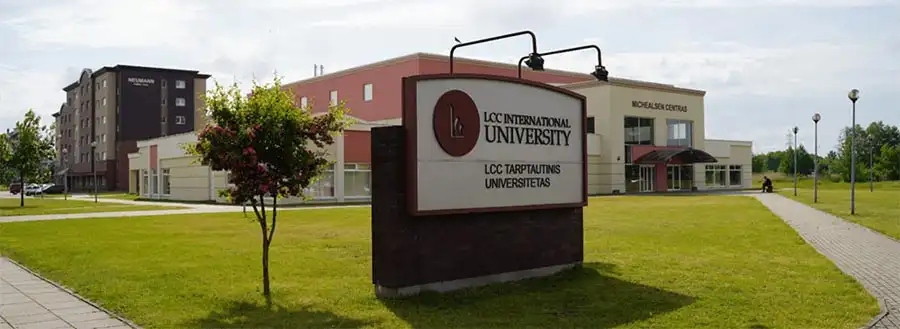
About University
LCC International University came into existence in 1991. The University works with a mission to provide “Christian liberal arts education within a diverse learning community that transforms people for servant leadership”. Over 780+ students are enrolled at the University. However, the percentile for International students is as high as 80%. LCC International University aims to deliver greater opportunities to the International students by providing student exchange under the ERASMUS programs.
The LCC International University had a step up and join hands with the new European culture to bring modern development to student’s life. Moreover, the University has about 50 partner countries for the exchange program for International students.
When moving abroad, the climate of another country matters a lot whether it's wrapping your clothes or the staying extent. To Visit, Klaipeda the finest time of year will be during July and August, as the temperatures is around 20 degrees Celsius (68°F) and 26 degrees Celsius (79°F) which seems pleasant. However, February month is considered the coolest month with an average temperature of 1 °C.
LCC International University got an invitation from the Ministry of Education and Culture, the Lithuania Christian Fund which have taken place at Lithuania Christian College in the summer, in the year 1991 in Panevežys. The college began the summer classes in the English language at the first Summer Language Institute. Starting in the spring of 1991-1992, students studied English full-time at the English Language Institute. In August 1999, LCC relocated, to its present facilities in Klaipeda, a city beside the Baltic coast in Lithuania.
Program Offered in LCC
LCC University offers two programs which are Bachelor’s and Master’s degree program. The study programs for bachelor, for instance, include International Business Administration, BBA, Psychology, Theology, Contemporary Communication, and International Relations and Development. In addition, LCC also offers two Master's degrees: The teaching and Administrative program and the MBA program.
Program Type
| Program | Degree | Specialization | Duration | Fees |
|---|---|---|---|---|
| Business | Bachelor | BBA | 4 Year | €3,360 |
| Media & Arts | Bachelor | English Language and Literature | 4 Year | €3,360 |
| Media & Arts | Bachelor | Contemporary Communication program | 4 Year | €3,360 |
| Health Science | Bachelor | Psychology | 4 Year | €3,360 |
| Media & Arts | Theology | Contemporary Communication program | 4 Year | €3,360 |
| Law | Bachelor | International Relations and Development | 4 Year | €3,600 |
| Media & Arts | Masters | Teaching and Administrative program | 2 Year | €2,750 |
| Business | Masters | MBA | 2 Year | €3,750 |
Admission Intake in LCC Following are the deadlines to apply Full time, Spring, and Summer intake at LCC International University
| Intake | Month | Last Date to Apply |
|---|---|---|
| Autumn | September 2023 | 1st June 2023 |
| Spring | February 2024 | 15th Nov 2023 |
Eligibility Criteria
Following is the eligibility/documents required for admission process in Kaunas University of Applied Science:
- A minimum score of 55% or above in 10+2/Bachelor Level for Bachelor Program and Master Program respectively
- English language proficiency certificate (IELTS, TOEFL or equivalent) IELTS ≥5.5, TOEFL ≥75, CEFR ≥B2.
- If previous studies were done in English, the language proficiency certificate is not required. In such cases an official document proving studies completed in English language is needed from a previous education institution.
Documents Required
- Notarized academic transcript of all previous years in English
- Copy of a passport
- Aadhar Card
- English language proficiency certificate (IELTS, TOEFL or equivalent)
- Letter from Head of Institute on Letter Head confirming, Medium of instruction of education in English for previous education if English Proficiency Certificate is not available.
- Letter of Motivation for chosen Program.
Cost of Living

If you are planning to do higher studies at the LCC International university, the very first thing you need to know is the cost of living in Klaipeda City. The cost of living in Klaipeda is approx. 300-400 EUR per month which includes your daily expenses. Of course, your accommodation, food, and lifestyle will determine the amount you spend. Moreover, your expenses in Klaipeda would be around 100-250 EUR for accommodation, and 150-200 EUR for your daily food and drink.
Hostel & Accommodation
The LCC University consists of a 3-4 hostel with modern on-university grounds and residence halls with a starting cost of 400 EUR. Likewise, the room can be shared by up to 5 people. The service includes a bed, desk, closet space, and Wi-Fi access with Bathroom and kitchen areas which are common for all the sharing people. The students will also have access to the Community lounge, where they can spend spare time.
Scholarship
While studying at LCC students get scholarship opportunities as both international and domestic students. The merit-based full scholarships are offered to students who select Lithuanian language and culture courses the amount of the scholarship will be 630 EUR. These scholarships are made available to students belonging to any nationality. The eligible students get the benefit of studying at partnered universities under a student exchange program. However, the call for application for availing of the scholarship programs is required to be made in advance by the student.
Part-Time Job

While studying abroad, students start thinking about their part-time job. As an International student, you are allowed to work 20 hours as a part-time job and a full-time job for 40 hours per week. While studying in Lithuania, an International student can work as long as they are enrolled in a university. The students can earn up to 2.5 Euros per hour which is about 400 Euros per month. This amount is good enough to meet your living expense during your studies in Lithuania.
Post Study Work (PSW) VISA
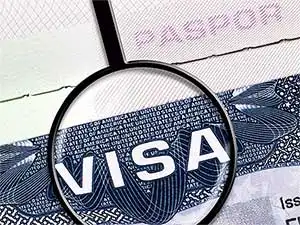
After studying at LCC University in Lithuania, as an International student, you are eligible to apply for a temporary residence permit. After graduating, students are allowed to stay in Lithuania or any of the Schengen countries for 12-15 months, which enables them to look for jobs or get self-employed. Furthermore, the students must obtain the Temporary Residence Permit (TRP) as soon as they arrive in Lithuania.






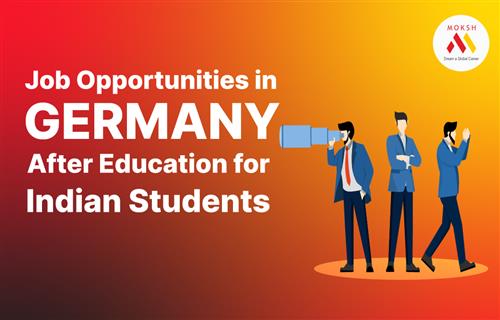
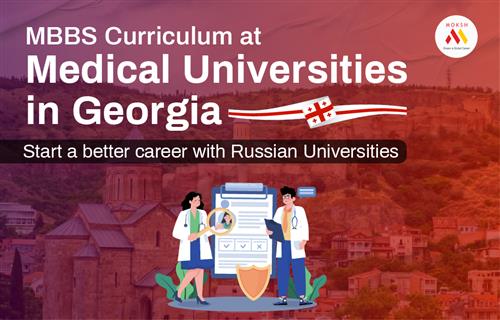
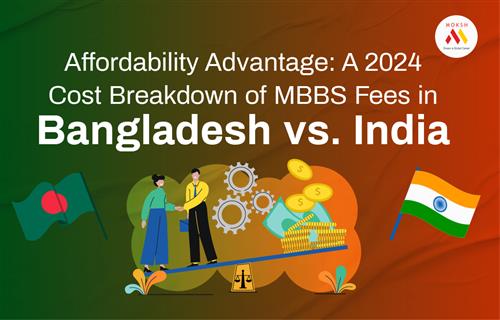
.png)
